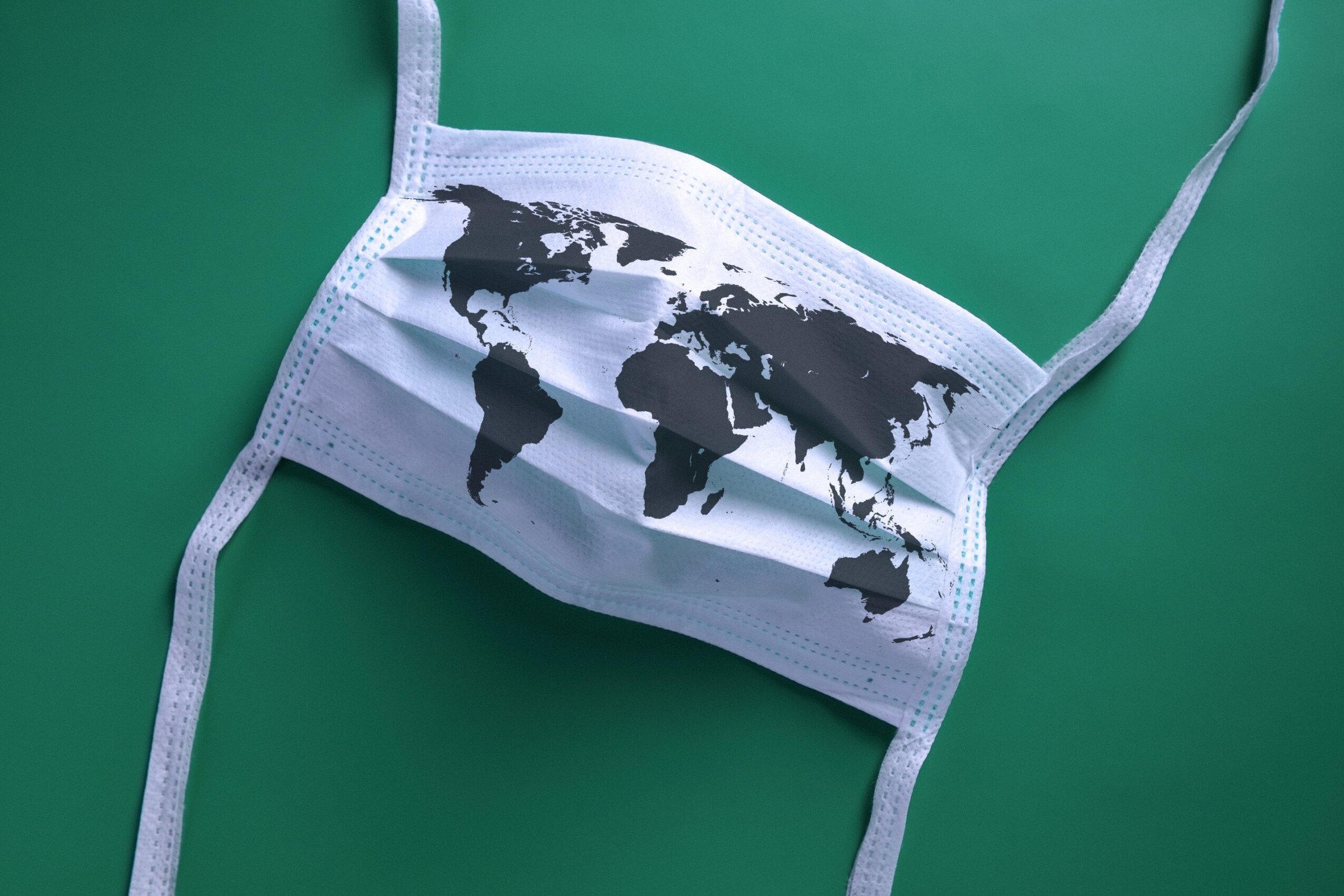Updated on 23 April 2020
Public broadcasters are launching funds to support producers, storytellers and other creators during the coronavirus pandemic.
From temporary studio closures to suspended projects, the COVID-19 crisis has left many creators and freelancers unemployed or without funding, while projects linked to many commercial media outlets have also been put on hold as income from advertising plummets.
The impact of the virus has already had a significant impact on the creative sector worldwide. In the UK, Channel 4 has cut its programming budget by £150m and furloughed 100 staff. In New Zealand, media company NZME has this week announced that it will cut 200 jobs and ask staff to take pay cuts as it predicts a 50% cut in advertising income. Many Greek outlets are seeking funds from the government although there are significant concerns about the lack of transparency involved, while only 15% of freelancers in the Croatian media sector have managed to keep their jobs.
Much like news, information and education content, entertainment will also play a crucial role during the lockdown. It can offer a distraction, shared cultural experiences and a form of companionship during isolation. While public broadcasters are predominantly focused on covering the pandemic, their source of public funding allows a level of sustainability that many commercial outlets can’t secure.
As a result, some public broadcasters are launching “funds for creatives”, which not only offer a source of funding for those impacted by the coronavirus, but also a sense of security in these uncertain times.
Below you will find just some of the funds available, with more expected to be announced as the crisis unfolds.
Coronavirus: Resources & best practices
Essential resources for sourcing and reporting news about the coronavirus pandemic
Funding opportunities
Australia
Australia’s largest public broadcaster, the Australian Broadcasting Corporation (ABC) is now providing financial support to help protect Australia’s production industry during the Covid-19 pandemic. The Fresh Start Fund will make $5 million dollars specifically available to Australia’s independent producers and local content makers working across several genres, including drama, comedy, children’s, factual, music and the arts. Funding applications open from 4 May to 12 June.
More information about each of the five funding streams and how to apply here.
Canada
Canada’s public broadcaster, CBC/Radio-Canada, has launched the CBC Creative Relief Fund to provide immediate and urgent support to national storytellers. The $2million dollar Fund will aid the development and production of scripted comedies and dramas, unscripted entertainment, kids and young adult programming, podcasts, play adaptations and short documentaries.
Three “streams” are available and the fund is open until 23:59 ET on Friday 24 April, and eligible applicants will be notified of their project’s status starting on 8 May.
CBC/Radio-Canada has also partnered with the Canada Council for the Arts to support creators of original or adapted online digital content in a new funding initiative, ‘Digital Originals’. The Canada Council for the Arts is making $1 million dollars available for the initiative: it can fund approximately 200 projects, with creators applying for grants of up to $5000. CBC/Radio-Canada will then feature this work in a “digital showcase” across its platforms and selected projects may receive a supplementary $1000.
Applications will be accepted on a rolling basis until 15 June 2020 or until the budget has been allocated. Applications can be made here.
Ireland
The Broadcasting Authority of Ireland (BAI) has introduced a special funding round. Independent commercial radio stations can apply for up to €95,000 in special funds to help them raise “public awareness and understanding of Covid-19” in a €2.5 million scheme.
As part of the scheme, the BAI have also committed to waive broadcast levy payments from the independent radio sector for the first six months of 2020.
New Zealand
News and entertainment media are facing a significant crisis in New Zealand, where there has been a severe decline in advertising revenue. While the public broadcaster, Radio New Zealand (RNZ), receives around 90% of its income from public funding, it is not immune from the crisis. This does however put the organisation in a position to provide much needed local coverage via its Local Democracy Reporting project, which helps to source and fund local news content for qualifying media partners.
The $1million fund is available via the Joint Innovation Fund between RNZ and the country’s independent funding agency for “quality and diverse public media”, NZ On Air. NZ on Air have also announced a $700,000 funding boost for creatives in lockdown to create fresh new content at a time when local productions are coming to a halt.
Despite the lockdown the organisation is also continuing to run its core funding rounds and advising the government on any additional funding needed for the sector to survive.
United Kingdom
On top of a £700,000 donation to the Film and TV Charity to assist freelancers affected by pauses in production and filming work, the BBC has announced a package of measures to maintain the creative health of the independent production sector during the COVID-19 pandemic.
A five-point plan has been launched which will aim to provide investment in purposeful activity and enable production companies to continue a pipeline of quality ideas and programmes, in both the short and long term. The plan will include:
- A company-centric approach to impacted productions
- Doubling up investment in the Small Indie Fund from £1m to £2m
- Supercharging development with additional funds over the next few months
- Expanding BBC Three creative partnerships in other nations and regions, with development funding and pilot opportunities for the best ideas.
- Investment an archive rights to broaden the range of content available over BBC services.
More information can be found here.
The Public Media Alliance will continue to update this resource as more funding opportunities become available.
Header Image: Students Experimenting With Video Software stock photo. Credit: TommL/iStock.
Related Posts
27th March 2020
Governments must not use coronavirus as an excuse to curtail media freedom
The Public Media Alliance urges…
3rd February 2020
Coronavirus: sourcing accurate, reliable information
As the death toll and number of…



